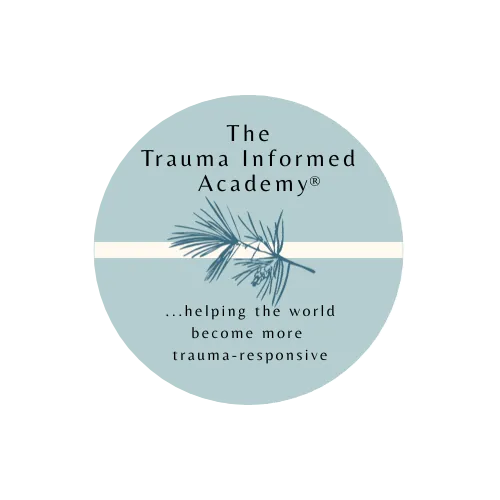

Three Signs You’re Gaslighting Yourself--and what you can do instead
Listen, sometimes the person who gaslights us most effectively isn't someone we live or work with. Sometimes it's us.
What is it? When you internalize the voices of the people that dismiss what happens to you, you question your own reality, what you feel, and worth—doing the work the people you feel misused you were doing. You’ve become an automatic, self-directed, butt-kicking machine… and here’s how you can recognize that--and what to do to get your “inner real estate” back.
Sign 1: Really… you feel that?
In your head, you hear that judgy voice whining away saying: "Other people have it worse,” "Am I being too sensitive?" or “Maybe I'm overreacting.”
Here's what's true: there’s no competition for pain, and your level of sensitivity and reaction is simply where you are right now. Your experience is real (for you) and brings you a pile of information when you can take a step back and look at it.
How? Start with curiosity, instead of judgment.
Tell that old judgy voice to take a nap. Your emotions need to be elastic or stretchy enough that you can. Assume you’re able to step back. Then you can name it, tame it, and turn it into something helpful.
Three simple questions: What am I feeling, what might this feeling be telling me--all the possibilities, and what do I need to be able to use the information it brings me?
Sign 2: You minimize the positive things people say about you
How that work martyr sounds? The gaslighting par sounds like this: "I'm just lucky" (when you succeed); "I'm such a mess" (when you’re flustered); "I don't know why people put up with me" (when you feel you’re disappointed others)
Wait!! Here’s the good news. That self-piteous victim has incredible secret strengths. You know your limits. You care deeply for others. You show up for people. These are facts, not feelings. And they matter.
Want to soothe that part of you? Practice stating facts without judgment. "I’ve worked a long time to create this" is simply true. “Yes, I took a week to help a terminally ill friend.” For one week, when you minimize something positive about yourself, just say "thank you" and take it in.
Sign #3: You Take Responsibility for Things Outside Your Control
You might have learned to take responsibility for what everyone else feels because it seems safer, lowers the risk. It helped you survive, but it becomes a prison. You hear it: “She got mad because I said that. I shouldn't have said it. I need to change because it’s my fault this keeps happening.”
Instead, look at reality. If this relationship were a gummy worm, how much of that gummy work do you want to eat? How much of the conflict is really yours to own?
Remember: you are not responsible for managing other people's feelings. Do your best to be kind, consistent, and push back against yourself or the situation. Don’t eat the whole worm.



Email our Admin:
©Copyright 2025 EPower & Associates, Inc. All Rights Reserved.
Privacy Policy | Terms of Use
Featured On...


